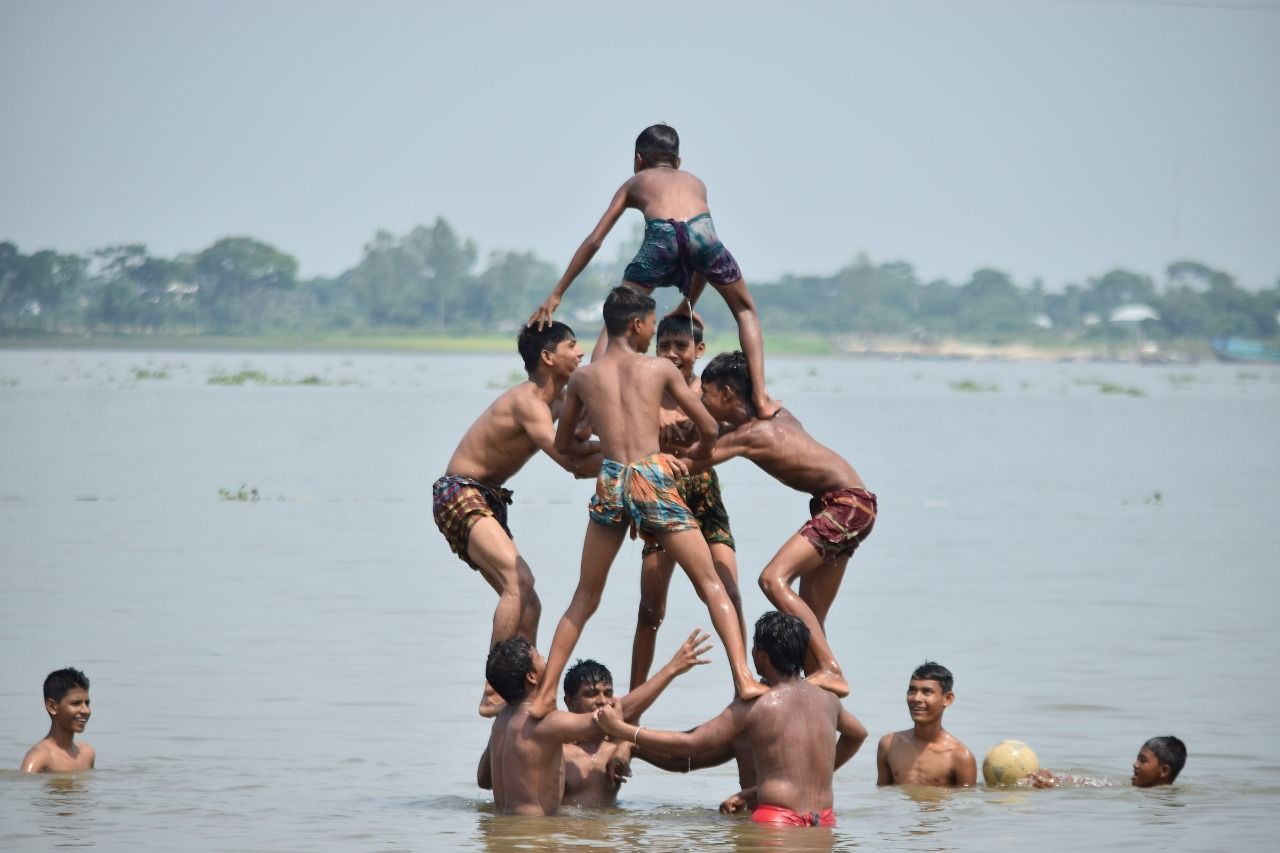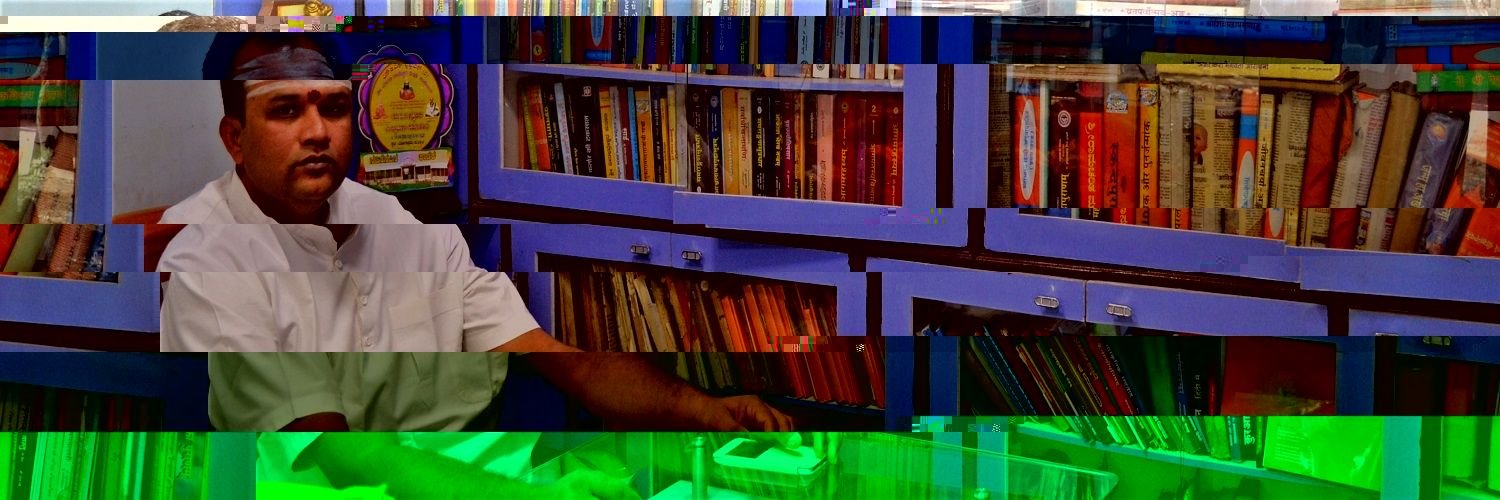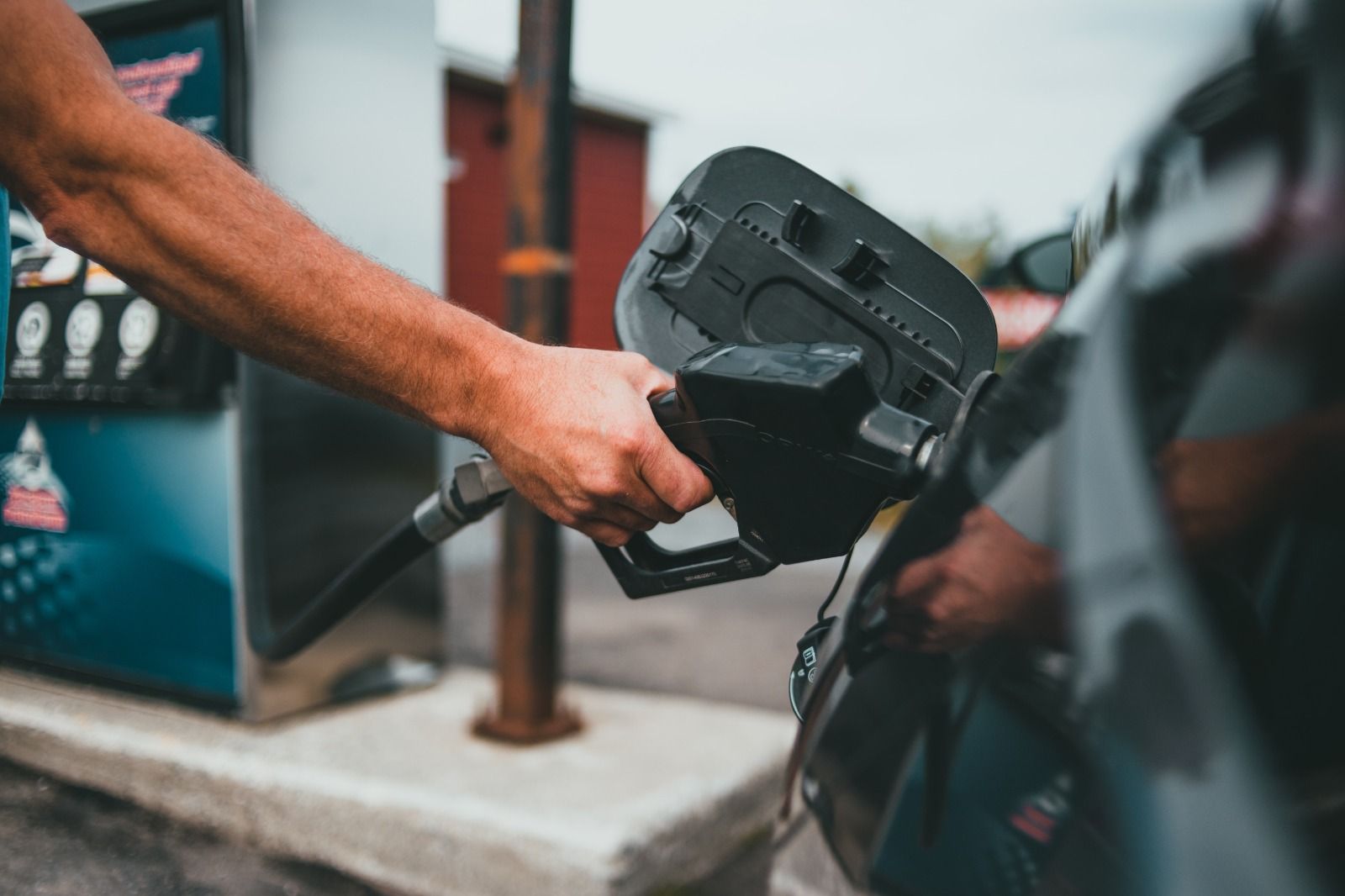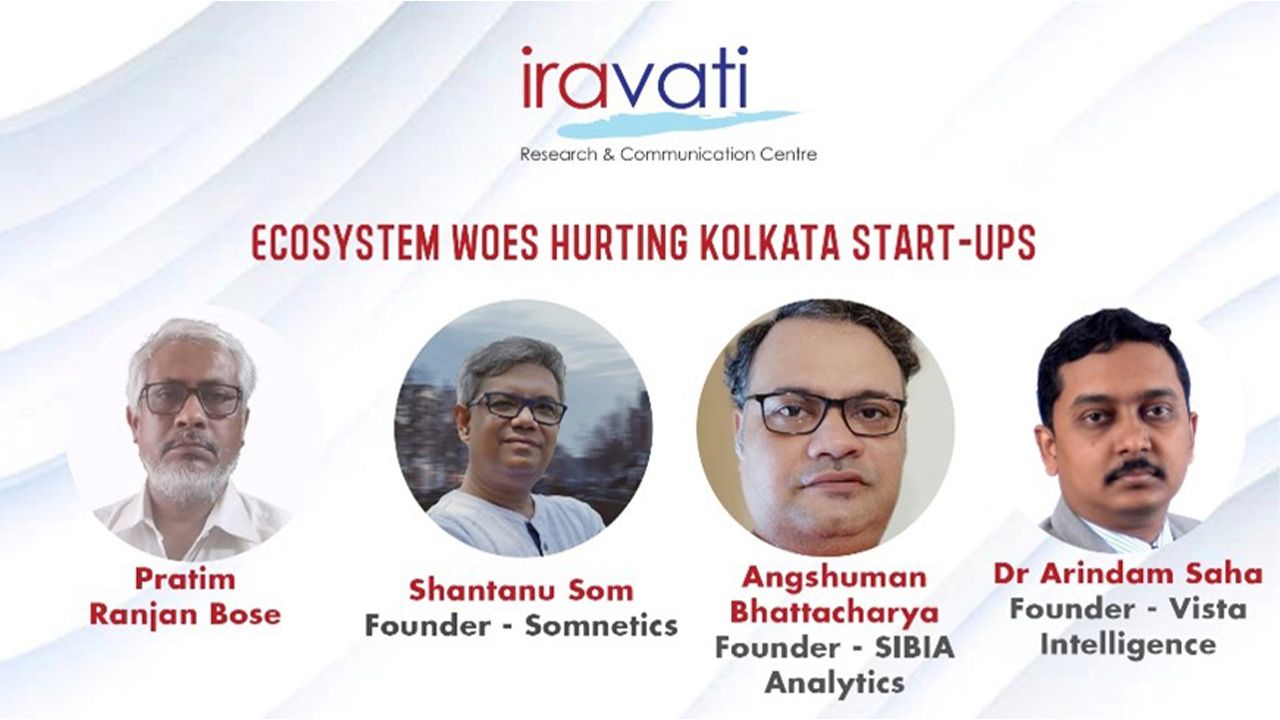Good economics is key to good health of rivers
Sheikh Rokon
Post On > Sep 20 2021 3077

The degradation of rivers in Bangladesh is a much-discussed issue. The economic and ecological costs of these damages are well defined too. The river activists have been advocating various remedial measures for decades. The Sheikh Hasina government has been taking up projects and programs to restore the health of rivers at such a number and pace which were never seen before. Yet, the overall deteriorating trend in riverine ecology couldn’t be arrested. Clearly, there is a missing link. After two decades of river activism, the puzzle keeps intriguing me. The cornerstone of the debate is low community interest in protecting its rivers, water bodies.
In many countries, river restoration or protection or conservation initiatives had been successful only when the community took the lead. Community initiatives are not uncommon in Bangladesh either. Let alone the century-old glorious peasant movements like Tebhaga or Tanka; there are many recent examples of the community taking a lead role in protecting farmlands, forests, hills or wetland. However, such references are rare in protecting the river or river ecology. That is even though rivers are an integral part of life in Bangladesh. Fish, the most important item in Bengali cuisine, comes from rivers.
No doubt that rivers in Bangladesh are suffering from some big and sometimes beyond boundary issues like diversion, dams, deforestation or 'development' projects. A distant downstream community may not find the protest as a workable tool to stop those far-setting actions. But there are many localized issues like encroachment, pollution, chemical fishing (using chemicals to stun a school of fish), and indiscriminate sand mining. A little resistance from the community could have reduced such incidents to a great deal.
Indeed, encroachers or polluters are politically or socially powerful. The long hand of law sometimes comes short to bring them to book. Dozens of directives from the higher courts have gone in vain. This scenario is true for the land or forest grabber too. But the community's indifference to the riverine issues is a fact that makes a huge difference.
How can we increase community involvement? Making rivers economically more relevant in daily life is probably the answer. It is common knowledge that water is a scarce resource worldwide and the intrinsic or indirect value of a waterbody is distinctly higher than a piece of say farmland. However, for all practical purposes, the degradation of farmland has an immediate impact on life. In contrast, deterioration of river ecology impacts lives more devastatingly but over a longer period. It is natural, therefore, that short term interests get more socio-political traction.
The answer, therefore, lies in letting people benefit from the good health of rivers. In many European countries, river restoration has significantly improved the overall quality of life. A free-flowing river not only controls floods but also recharges the groundwater, which is used in improving farm yield.
The examples are available closer to home in Dhaka. The restoration of once filthy, clogged Norai River or Hatirjheel, improved the property value in the surrounding area. Once considered a downtown destination, Hatirjhil is now a posh locality of the city.
I sometimes make a comparison between waterways and walkways while talking to the people regarding this issue. If someone grabs or blocks part of a tiny walkway in a remote village in the country, the community there will not remain indifferent. People will not wait for the authority to come and settle the issue; rather they will free the walkway themselves. If we want to make rivers as relevant as the roads to the community, we have to focus on three sub-sectors of the vast river system.
Firstly, we need to revitalize the inland waterways to the optimal levels. Among around 24,000 km of workable waterways, presently we can only use around 6,000 km during the monsoon season. It comes down to less than 4,000 km during the dry season. Having said that, the dry-season waterway network is longer and more expansive than the national highways. But, according to a World Bank report, less than 5% of containerized cargo traffic is transported by inland waterways.
The waterways connect every corner of the country. If we can shift a fair percentage of the passenger and goods traffic to the waterways, a massive change can happen in terms of Bangladesh’s overall economic competitiveness and employment.
Since waterways are low-cost and low carbon modes of transpiration, they will help to save energy and the environment too. As navigation is the flagship feature for the health of a river, it will improve the ecological situation too. More usage will create popular interest to resist attempts of encroachment on the river.
Secondly, we can promote the use of rivers as a drinking water source. Though Bangladesh is a riverine country, more than 97% of its population relies on groundwater for drinking water supply. It is not only a limited source but over-extraction of groundwater is connected to arsenic contamination in the country.
Piped water supply from rivers can be a safer and more sustainable practice. This will force both the community as well as the government to remain alert on the issues of river pollution. At one stroke we can solve an array of problems starting from groundwater contamination to pollution of rivers.
If we can stop encroachment and pollution by using rivers as waterways and sources of drinking water, it will help improve fish production, generate more employment and increase export revenue. That is the third point. Rivers will then be as or more valuable than the farmland to the common man. The direct transactional relationship will make them more concerned about the rivers and the need to protect them.
The moot point is: The big bang ideas discussed in seminars or in fat research reports, will never be realized on the ground, till we establish the cause and benefit relation to the common man or woman. Theories will not work here. The key lies in creating a case for definite social interest. That means we have to make society a direct stakeholder in restoration initiatives. The restoration must impact his or her life directly and evidently. That’s the crux.
*Sheikh Rokon is the founder and secretary-general of Riverine People, a Dhaka-based national civil society organization in Bangladesh. Views expressed are his own. He can be reached at Tweet: @skrokon
** Photo by Ashraful Haque Akash on Unsplash

123
2025-07-27 20:33:14

asd
2025-07-27 20:31:39

Northeast Energy Scenario Part-1: Paradigm shift in petroproduct availability and consumption
2023-03-28 16:22:05

Consolidation of 'indigenous' votes aligned Tripura's political landscape with the rest of the northeast.
2023-02-16 08:51:53

Why Kolkata doesn’t have a Unicorn ?
2023-01-28 09:53:57

Social media literacy should be mandatory in UG curriculum
2022-11-30 12:00:53
